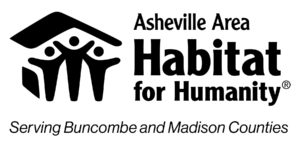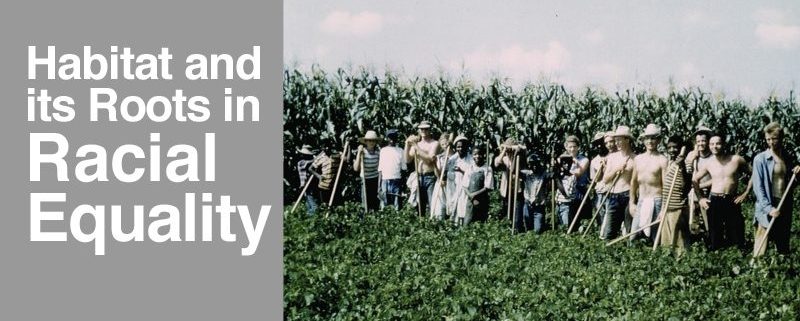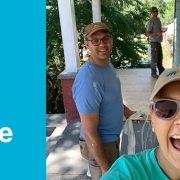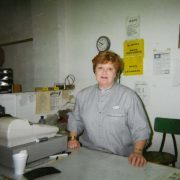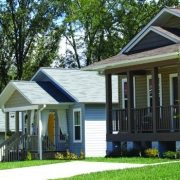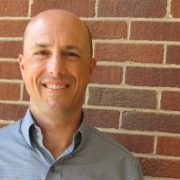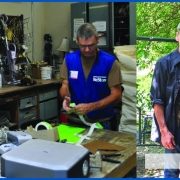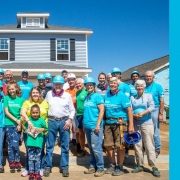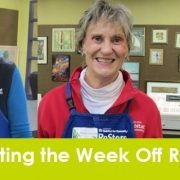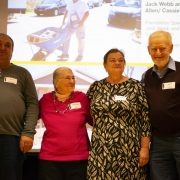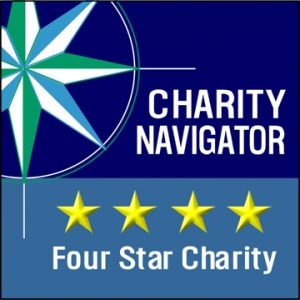Habitat and its Roots in Racial Equality
Some people know that Habitat for Humanity was founded by Millard and Linda Fuller in Americus, GA, but where did the idea actually come from? Even fewer people have heard of Koinonia Farm, the community farm and social experiment in Sumter County, GA where the idea that became Habitat grew.

Koinonia Farm
On Martin Luther King Jr. Day this past week, Asheville Habitat showed the documentary Briars in the Cotton Patch, a documentary about Koinonia Farm, to staff and core volunteers. In 1942, biblical scholar and farmer Clarence Jordan began this farming community based on the radical (at the time) principal of white and black families living and farming together as equals. Koinonia faced years of boycotts, terror attacks, KKK intimidation, and violence while becoming a beacon of racial and economic equality during the Civil Rights Movement.
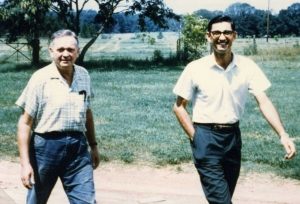
Clarence Jordan, left, and Millard Fuller, right
When the Fullers joined the farm, they began dreaming of service beyond Sumter County. Keeping Koinonia’s mission in the forefront- that of the Christian-based idea to bring all people together to alleviate poverty- the Fullers and Jordan began looking for a need to fulfill: housing. The Fund for Humanity became Habitat for Humanity, and despite being very unpopular in Sumter County at the time, it grew into the worldwide non-profit it is today.
This week we reflect on our organization’s roots steeped in civil rights and campaigning for the poor, tenants that Dr. King spent his life championing for. “Everyone deserves a decent place to live” is something we say a lot at Habitat. It’s easy to forget the significance of such a simple word, “everyone.” This year, Asheville Habitat staff, volunteers, and partners engaged with the community in a number of ways to honor Dr. King.
Three of our Americorp members spent the day at the Shiloh Community Garden. Lauren, Sydney, and Ryan worked alongside community members to reorganize the garden shed, put together bags of fresh produce, and spread mulch.
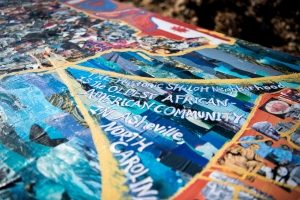
A new art installment in Shiloh
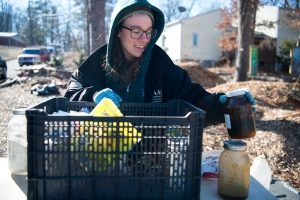
Lauren
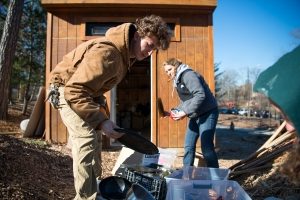
Ryan and Sydney
Christ School students volunteered at the ReStore for their MLK Day of Service.
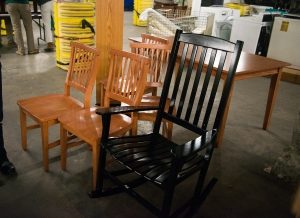
A handful of projects the students completed.
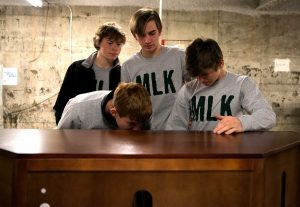
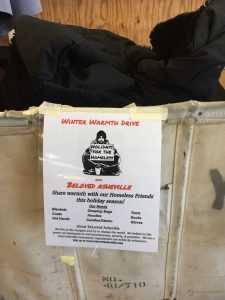
We are collecting cold weather items in the ReStore for BeLoved Asheville, a local non-profit that seeks to end homelessness, poverty, prejudice, and injustice. Most needed items are: winter coats, gloves, hats, socks, hoodie sweatshirts, sweaters, and sleeping bags.
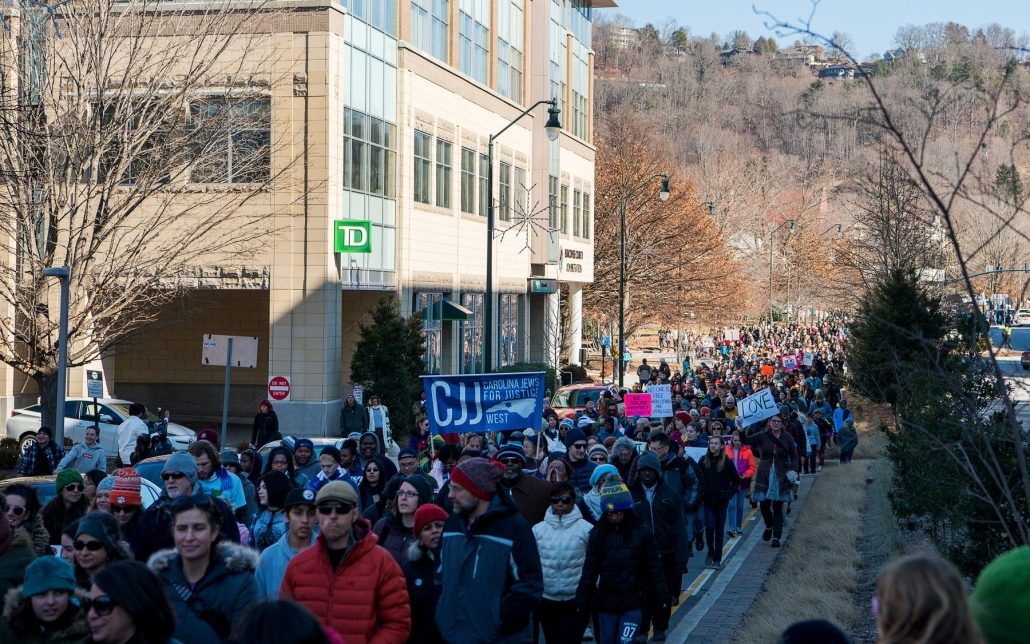
Several Habitat staff members and volunteers participated in the MLK Day march in downtown Asheville.
